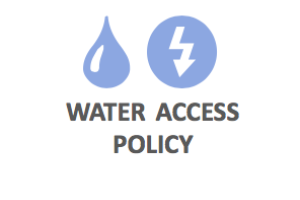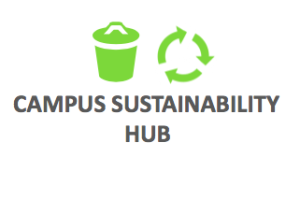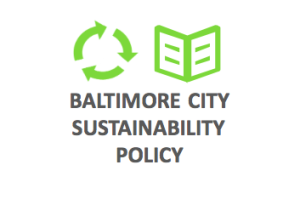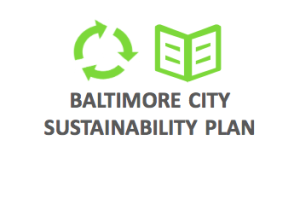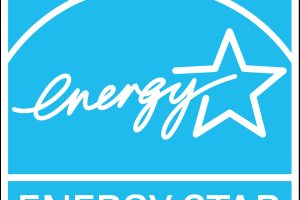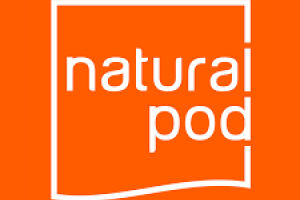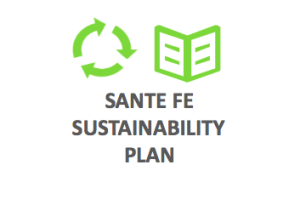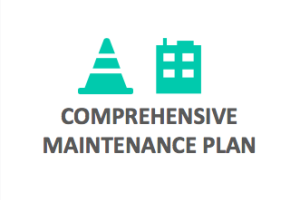
Comprehensive Maintenance Plan
/resource/comprehensive-maintenance-plan
Hartford Public Schools
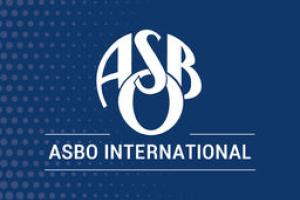
Why Sustainability Makes Good Economic Sense
/resource/why-sustainability-makes-good-economic-sense
Association of School Business Officials International
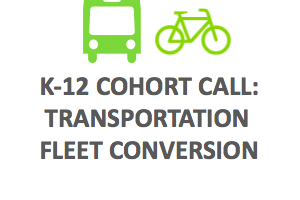
K-12 Cohort Call: Transportation Fleet Conversion
/resource/k-12-cohort-call-transportation-fleet-conversion
Better Buildings Challenge: The US Dept. of Energy
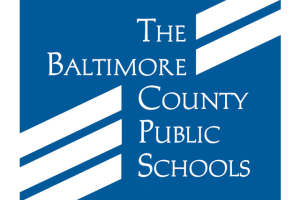
Green Cleaning Policy
/resource/green-cleaning-policy
Baltimore School District
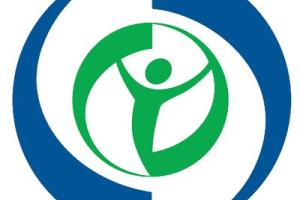
Guide to Improving School Employee Wellness
/resource/guide-improving-school-employee-wellness
National Association of Chronic Disease Directors
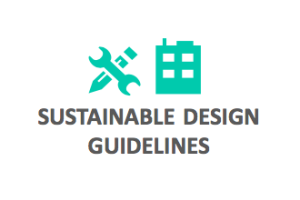
Sustainable Design Guidelines
/resource/sustainable-design-guidelines
Poudre School District

Sustainability Plan
/resource/sustainability-plan-2
Adams 12 Five Star School District
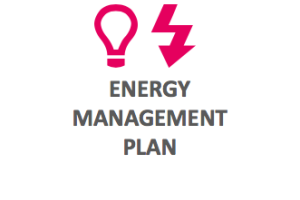
Scott County District Energy Management Plan
/resource/scott-county-district-energy-management-plan
Scott County School District
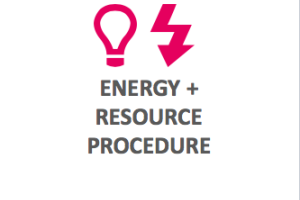
Energy and Resource Procedure
/resource/energy-and-resource-procedure
Hartford County Public School District
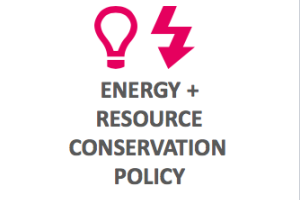
Energy and Resource Conservation Policy
/resource/energy-and-resource-conservation-policy
Hartford County Public School District
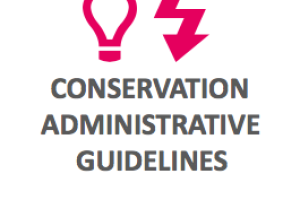
Hudson Administrative Guidelines
/resource/hudson-administrative-guidelines
Hudson City School District
Sustainability Guidelines
/resource/sustainability-guidelines
Baltimore City Schools
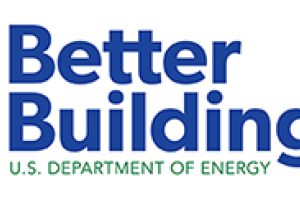
On-Demand Better Buildings Webinars
/resource/demand-better-buildings-webinars
U.S. Department of Energy
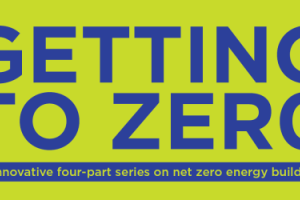
Zero Energy Schools Resources
/resource/zero-energy-schools-resources
New Buildings Institute

National Youth Science Academy
/resource/national-youth-science-academy
National Youth Science Foundation
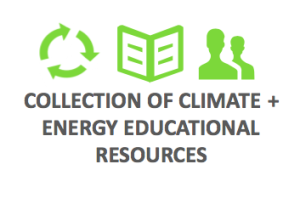
Collection of Climate and Energy Educational Resources
/resource/collection-climate-and-energy-educational-resources
CLEAN

Electric Schoolbuses Start Up Resources
/resource/electric-schoolbuses-start-resources
VEIC
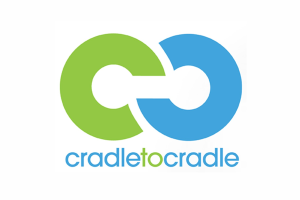
Crade to Cradle Certified Products Registry
/resource/crade-cradle-certified-products-registry
Crade to Cradle
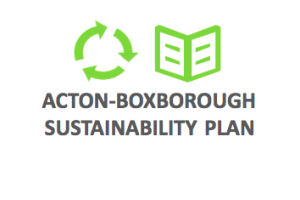
Sustainability Policy
/resource/sustainability-policy
Acton-Boxborough Regional School District
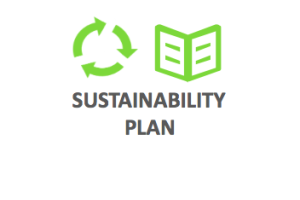
Sustainability Plan
/resource/sustainability-plan
Board of Education of Anne Arundel County

